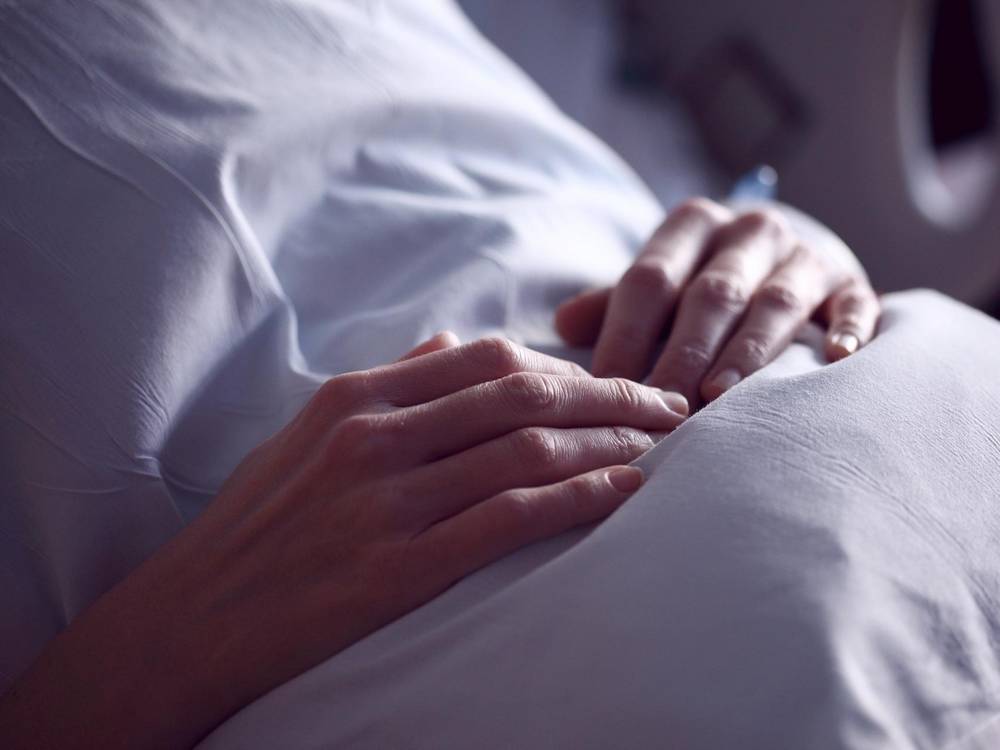The Ombudsman examined the complaint of a foreigner who required housing in a social welfare institution (retirement home) due to his age and health requirements. This would have only been possible through public financing, but as he has no income or assets, he failed to use this right due to the absence of an explicit legal basis. After concluding the examination, the Ombudsman determined that this individual could not be returned to his country of origin. Thus, the competent authorities were obligated to provide the necessary social welfare services. As such, he recommended to the Ministry of Labour, Family, Social Affairs and Equal Opportunities (MDDSZEM) and the Ministry of the Interior (MNZ) that they solve the complainant's situation as soon as possible. Furthermore, he submitted a general recommendation for preparing systemic solutions since the Ombudsman is aware that this is a known problem affecting other persons in similar accommodation circumstances.[1]
* * *
The complainant was born in the former Socialist Republic of Bosnia and Herzegovina. He moved to Slovenia in 1990, remaining without a regulated resident foreigner status for over 30 years. The competent police department issued a decision of temporary admission under Article 73 of the Foreigners Act (Ztuj-2) only in 2021 at his behest, and he received a temporary residence permit under Paragraph 2 of Article 51 of the Foreigners Act in 2022.
The complainant suffered a severe head injury during a fall in November 2019, leaving him hospitalised for over a year and seven months. The examined medical records indicate that the complainant suffers severe consequences due to the head injury, including but not limited to headaches and epileptic seizures, and is a diabetic. As the complainant is incapable of taking care of himself due to his health issues, he tried to arrange housing in a retirement home until the conclusion of the in-patient treatment through the representative, which was financed through public funds. He was unsuccessful in the endeavour mentioned above during the consideration of the Ombudsman. The main issue, according to the competent authority for this, as evident from the received correspondence between the complainnat and the competent authority, was the absence of an explicit legal basis for a case such as the complainant's: under Article 5 of the Social Assistance Act, only foreigners who hold a permanent residence permit in Slovenia have a right to social welfare services, the other possible basis for an accommodation in a social welfare institution, namely, Paragraph 7 of Article 76 of the Foreigners act, explicitly refers to foreigners who were issued a confinement measure in the Centre for Foreigners.
The Ombudsman determined in his final opinion submitted to MDDSZEM and MNZ that the complainant is a foreigner who cannot be deported from the country. The stated fact is not contentious for any of the stakeholders and was the reason for the competent authorities issuing a decision of temporary admission and extending it multiple times, as well as issuing a temporary residence permit. There are a plethora of reasons that prevent deportation, with the particular ones to be emphasised are the complainant's established private life in Slovenia based on 30 years of residence, his poor health condition, and the possibility that this person lacks a nationality (the complainant never had citizenship in the independent country of Bosnia and Herzegovina and it is questionable if he could even attain it). The Ombudsman primarily relied on the European Court of Human Rights' extensive legal practices in explaining its position, as well as on the practices of the Constitutional Court of the Republic of Slovenia and EU Courts.
The Ombudsman pointed out in his final opinion that the right to social security must be guaranteed for foreigners in cases where the relinquishment thereof would jeopardise their basic human rights, as these are universal and apply to both citizens and foreigners alike[2], in spite of the fact that this right is reserved for citizens of the Republic of Slovenia under Paragraph 1 of Article 50 of the Constitution of the Republic of Slovenia (URS). Such circumstances apply for the complainant, as he is incapable of taking care of himself due to his poor medical condition, and at the same time, there are reasons given for why he cannot be deported from the country. As the complainant cannot apply for social securities in his country of origin or any other third country, denial of access to social securities in the Republic of Slovenia results in the endangerment of the complainant's constitutionally protected human rights, especially his Right to Personal Dignity and Safety (Article 34 of the URS), Protection of the Rights to Privacy and Personality Rights (Article 35 of the URS), Right to Health Care (Article 51 of the URS), and Rights of Disabled Persons (Article 52 of the URS).
The European Social Charter decrees also mandate the obligation of competent authorities to provide the necessary social welfare services to the complainant. By signing and ratifying it, the Republic of Slovenia committed itself to provide an effective implementation of the Right to social security and, to this end, take any necessary steps for equal treatment of its nationals and the nationals of other Parties in respect of social security rights (Article 12). Article 23 of the Charter explicitly determines the rights of elderly persons to social protection, including providing housing suited to their needs and health care and the services their state necessitates. Article E explicitly prohibits any discrimination against the enjoyment of the rights outlined in the Charter on any ground such as race, colour, sex, language, religion, political or other opinions, national or social origin, health, association with a national minority, birth, or any other status. The initial provision of the Appendix, which is an integral part of the Charter as per Article N, explicitly determines the protection of stateless persons.
If the complainant is a stateless person, provisions defined in the Convention on the Status of Stateless Persons from 1954 can also directly apply to protect their rights. Articles 23 and 24 are particularly relevant for the subject matter as they determine that signatory parties must ensure equal treatment to stateless persons and citizens regarding access to state help and support and social security, including access to the rights of elderly persons.
The Ombudsman determined that the Slovenian regional legislature (Paragraph 2 of Article 51 and Paragraphs 1 and 3 of Article 75 of the Foreigners Act) clearly states that foreigners in a situation like the complainant's are entitled to financial support. The Foreigners Act and other legislature are less explicit about their entitlement to access to housing in social welfare institutions if they are incapable of taking care of themselves. The Ombudsman noted that the existing unclear provisions must be interpreted as much as possible under the URS and other general human rights provisions and ensure necessary care for the endangered persons. The competent authorities should exercise their judicial discretion as much as possible to enable access to the services mentioned above.
Following the determinations mentioned above, the Ombudsman called on the MDDSZEM and MNZ to take all reasonable measures to ensure access to social welfare services the complainant requires based on his medical and social status (including housing in a retirement home). Furthermore, the Ombudsman stated that other competent authorities and stakeholders should be included as needed to solve the case and to carry out what is described above without undue delay since there is a severe risk of health deterioration and other damages the complainant can suffer during his stay without the necessary care.
The Ombudsman further recommended that both competent ministries join a joint preparation of legislative changes and other possible measures that would form the basis for guaranteeing access to the necessary social care clearly and predictably to foreigners who cannot be deported from the country or who are dependent on government help for various reasons.[3] Until this is achieved, the ministries should act as recommended in the previous paragraph for all cases of foreigners in such a situation.
The Ombudsman was later notified that the complainant was housed in a retirement home in December 2022. The Ombudsman welcomes the solution of the complainant's situation. The Ombudsman expresses hope that access to the necessary social security will be ensured to other persons in similar cases in the future. 7.2-26/2020
Recommendation:[4] The government of the Republic of Slovenia should join in the preparation of legislative changes and other possible measures that would form the basis for guaranteeing access to the necessary social care clearly and predictably to foreigners who cannot be deported from the country or who are dependent on government help for various reasons.
[1] Among others, the Ombudsman examined a similar case under case number 9.6-34/2022:
https://www.varuh-rs.si/obravnavane-pobude/primer/kaj-s-tujci-ki-to-niso-potem-ko-sami-ne-zmorejo-vec-skrbeti-zase/.
[2] The Constitutional Court also issued a warning about this issue in its Decision No. UO-672/16 on 13 March 2019 (Paragraph 8).
[3] The Ombudsman submitted a related recommendation to the Government of the Republic of Slovenia in his Annual Report for 2019 (Recommendation Nr. 58).
[4] New recommendation.

